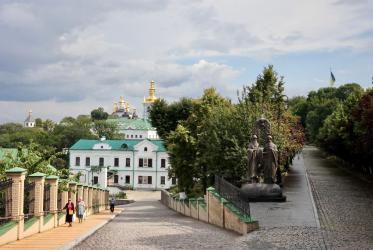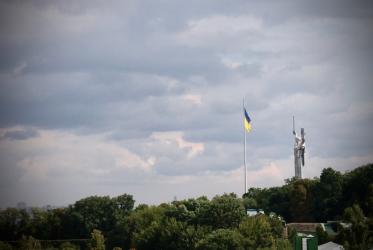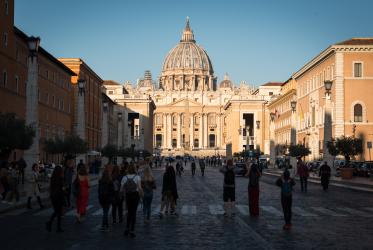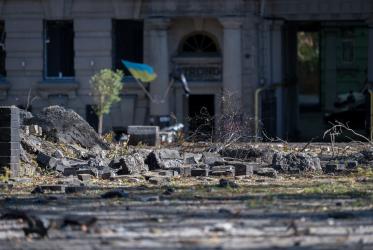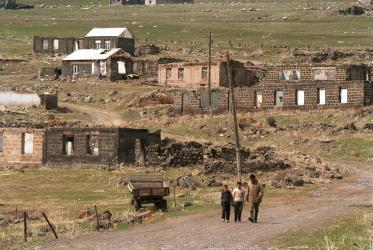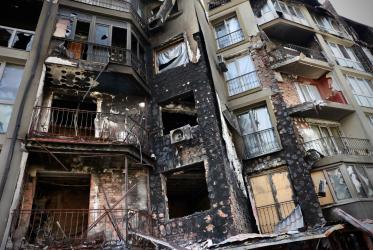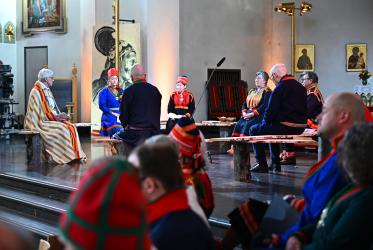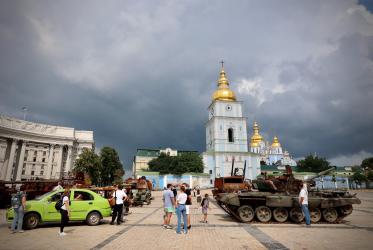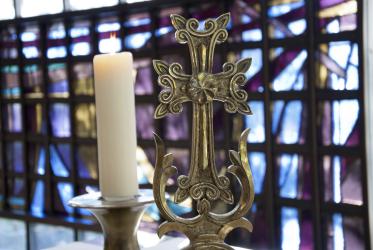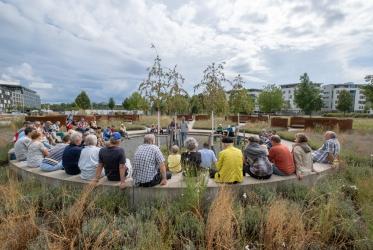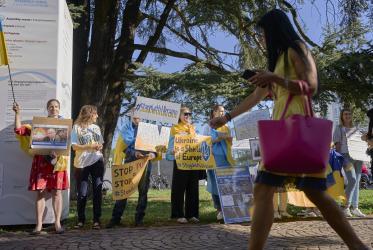Displaying 41 - 60 of 689
500 churches and religious sites destroyed in Ukraine during the war
22 February 2023
WCC denounces continuing attacks on civilians in Ukraine
16 January 2023
WCC invites all to World AIDS Day prayer service
28 November 2022
Church of Sweden apologizes to Sámi people, this time in Sápmi
27 October 2022
WCC acting general secretary visits Moscow
17 October 2022
Workshop explores how interreligious dialogue brings trust and respect
15 September 2022
Ukraine: Responding to humanitarian need
08 September 2022
WCC releases minute on consequences of the 2020 Nagorno-Karabakh war
08 September 2022

